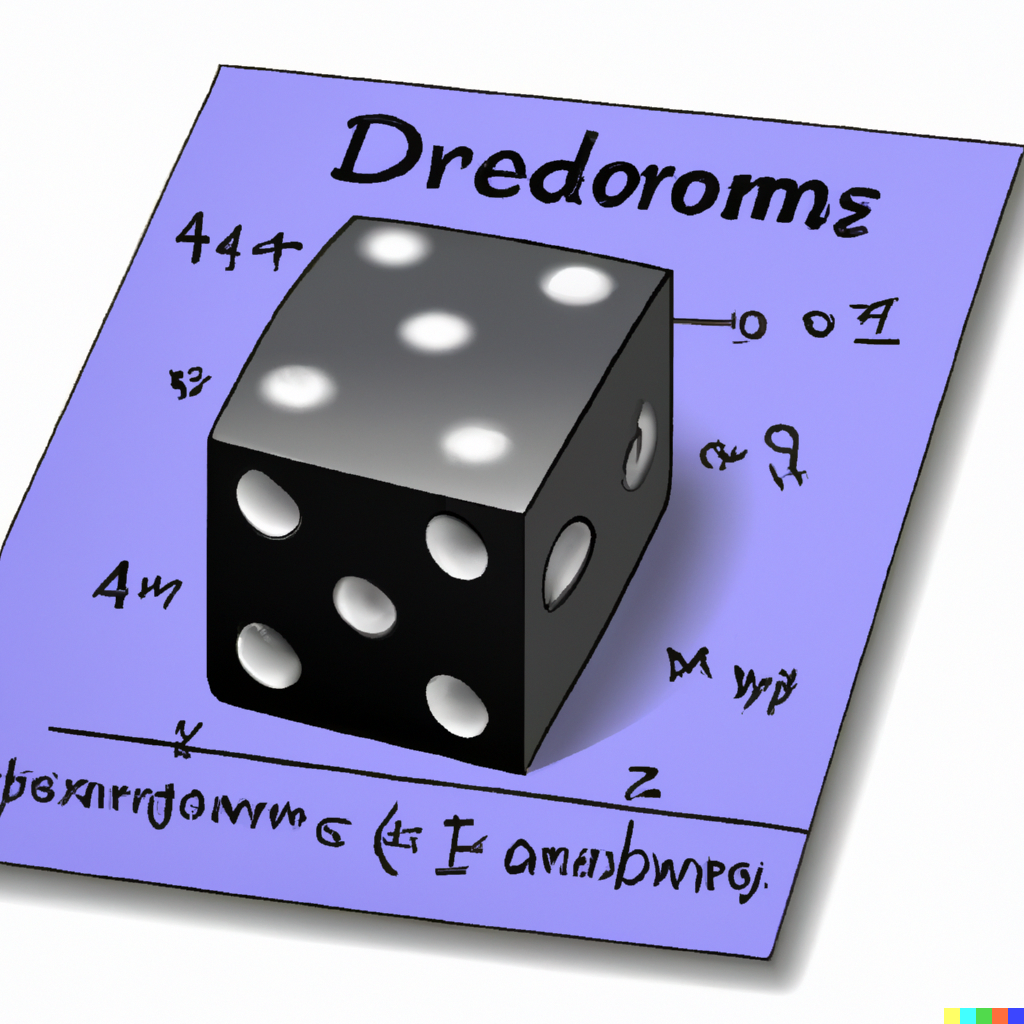Literally me yesterday trying to decipher Baidu’s PaddleOCR docs. Have half a mind to aim Claude Code at the URL and just be like ‘plz help’
stochastictrebuchet
- 0 Posts
- 59 Comments


Been following Synergy for a while, hoping they’ll announce gamepad/steam deck support. The art style looks amazing!
Broke: file names have a max character length.
Woke: split b64-encoded data into numbered parts and add .part-1…n suffix to each file name.
Do not – and I really cannot stress this enough – give any of those bears cocaine


What an awesome name for a cat!
Hahaha that second of hesitation right before the edge
Locally sourced and by free-range developers
Build your own todo app clone for 🔥just 400 dollars 🔥in API calls
I wouldn’t say they’re pushing it. They’re adding AI features that, like it or not, are proving to be handy additions to a developer’s toolkit. But it’s not their core USP, and you can ignore it if you don’t care about it. In terms of speed I’ve found only Helix to match it.
Zed’s ‘live collaboration’ features, by contrast – yeah, no clue who the target user is there, since I grant everyone on my team to use whatever tools they feel most productive with.
And good thing too, for from the ashes of Atom rose Zed – and in case you haven’t checked it out yet, it’s awesome. Think VS code but 10000x faster.
Nice, new job search constraint


Yeah, odd choice. The Guardian is one of the few remaining outlets with actual credible integrity

Any time I read the Kitty docs I’m just in awe of everything its maker, Kovid Goyal, has built for it. Like, not just individual features but entire protocols, which other terminals then adopt.
I just wish remote session persistence was more of a priority. Goyal dislikes tmux (to put it mildly) but doesn’t suggest an alternative to those who do their work on remote servers. If I’m already organizing my work in tmux over ssh, I might as well do the same locally as well – which unfortunately means missing out on some of Kitty’s best parts.


Gotta say, it’s kind of a bummer to be downvoted for sharing my own experience. Are those ‘disagree’ or ‘doesn’t contribute to discussion’ votes?


AdGuard does more than DNS blocking. It strips ads from the response content.
Haven’t seen a single YT ad


I’ve really been enjoying Vivaldi. It’s also Chromium-based. It’s easy to customize and it has really good tab management. You can group tabs into workspaces, open split panes, and – this one I really appreciate – you can stack tabs by domain. Added bonus is that the company behind it, Vivaldi Technologies, is Norwegian, which ticks the ‘shop European’ box for me.
As for ad blocking, the shittiness of manifest v3 made me look at options outside the browser rather than rely on extensions. These days I pass all my traffic through adguard, which filters out ads from the request responses. All in all this has been a positive step, because now I can play around with any browser without ever seeing ads.


Haha, true. But I’m fine with that tbh, so long as – and this is important – it gets post-edited.


Bringing a swift and conclusive end to the dub vs sub debate
Thanks for teaching me something new!
So Chromium is based on Blink, which is LGPL – a less viral GPL. Hence, it can serve as a dependency in closed-source software.
As to the shared heritage of these well-established projects – I don’t know how else to interpret it other than a testament to the complexity of building a decent browser engine.
Btw, quick shout out to Orion, a rare WebKit browser by the makers of Kagi that’s apparently coming to Linux as well. I’m a monthly supporter. Even though I still mostly use Vivaldi, it’s been coming along really nicely. Proprietary software but idc. I appreciate their unspoken mission statement: pay or be the product. (No-one should be a product, obviously, but that’s capitalism.)







I give it a spin every month or so to see how it’s getting on. I’m on macOS.
Every time I walk away unimpressed, despite its maker’s very deserved esteemed reputation.
I’m probably not seeing something. What I do see, however, is that I can’t search my scrollback history, nor can I select text without a mouse.
Also, pressing
cmd+,on macOS opens the config inside TextEditor (yes, a separate GUI app) rather than in$EDITOR. It’s a small thing but I couldn’t figure out how to change it. Coming from Kitty, this drove me mad.I’m not sure who Ghostty is for. My feeling is it’s aiming to be an excellent, polished experience for casual terminal users. But I didn’t see anything that Kitty or just tmux anywhere can’t do.